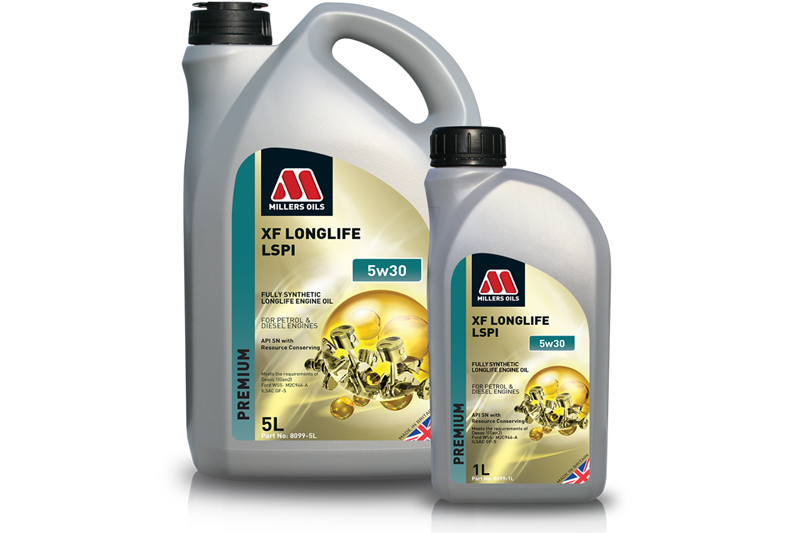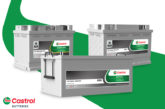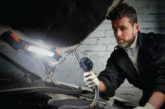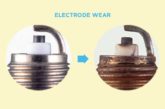
Low Speed Pre-Ignition (LSPI) is one area that often poses a lot of questions. Here, Donna Clarkson, Platform Manager for Automotive at Millers Oils, outlines what LSPI means, and how the issue of LSPI can be solved.
PMM: What is LSPI?
Donna Clarkson (DC): Low Speed Pre- Ignition (LSPI) is more commonly known as ‘super knock’ and relates to uncontrolled combustion. It occurs when oil on the cylinder wall mixes with freshly injected fuel and atomises. These two substances create a mixture that spontaneously ignites when compressed by the rising piston, before the spark plug fires.
The resulting rapid, uncontrolled rise in pressure can cause irreparable damage to pistons, rings, cylinder heads and con rods, and can even lead to complete engine failure. LSPI takes place at large throttle openings and low to moderate engine speeds, such as when accelerating in a high gear but at a low rev count.
PMM: Why has LSPI become a more common problem?
DC: With increasing demand for passenger cars to become more efficient, vehicle manufacturers have engineered downsized turbocharged engines as a means of reducing emissions and improving efficiency. However, due to the high combustion pressures involved in some vehicles, this has resulted in a continued problem with LSPI.
PMM: Does LSPI affect both petrol and diesel engines?
DC: LSPI is only a problem for petrol engines due to the different methods of ignition. Petrol engines are designed with a spark plug for ignition to give controlled combustion. Diesel engines rely on gas compression for ignition, so are not affected by LSPI.
PMM: How is Millers Oils able to solve the LSPI problem?
DC: Millers Oils has developed a new engine oil, XF Longlife LSPI 5W30, that uses the latest additive chemistry to compensate for the shortfall in engine design. This means it is possible to avoid the problem of LSPI and costly engine damage simply by using the correct oil.

PMM: What should a technician do when confronted with a vehicle that is showing signs of LSPI?
DC: The engine will be knocking as described. If this is discovered, the technician will need to check that the correct oil is being used, meeting the specs listed in the article. Higher octane fuel tends to reduce LSPI events, so recommending Petrol Power Ecomax would also be advisable. LSPI can damage engine components, so poor compression test results could indicate serious engine damage.
PMM: Are there any practical measures as well as preventative for LSPI?
DC: It’s best to use high-octane fuel. It is also suggested that technicians recommend driving in lower gears to keep revs high when accelerating. And, of course, use the correct oil!









